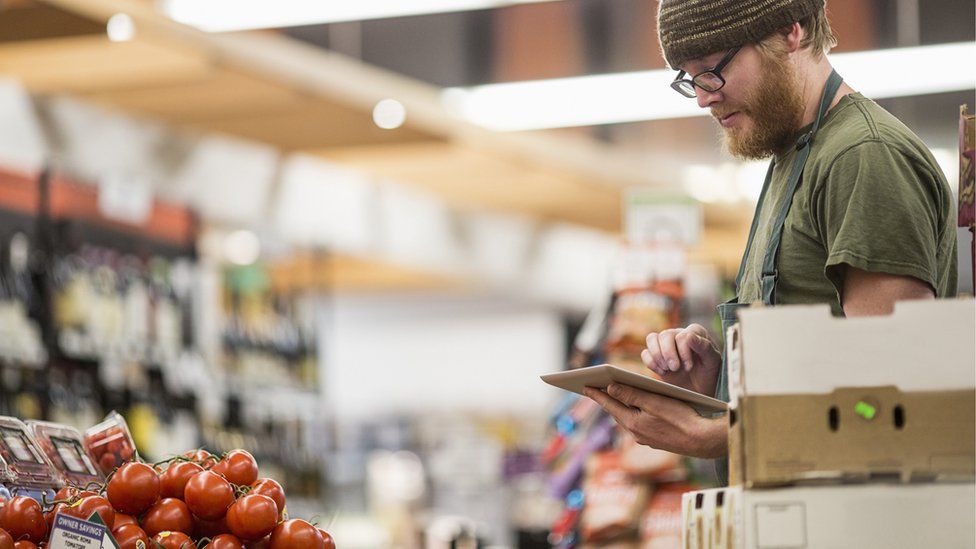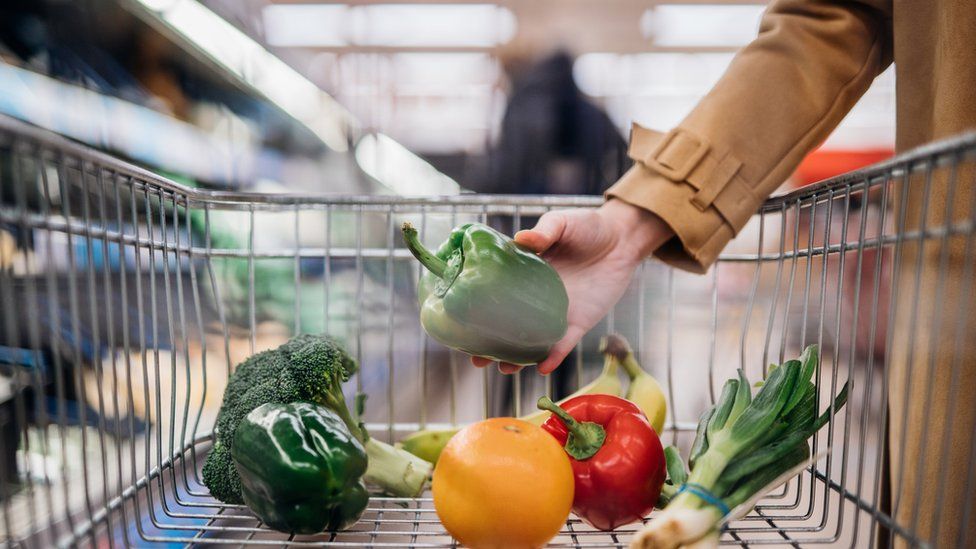Two of the biggest supermarket chains in the nation, Asda and Morrisons, have restricted the sales of some fruits and vegetables.
It's due to the unfavorable weather in Europe and Africa as well as how the high cost of electricity is affecting the produce grown in the UK and the Netherlands.
Three items per customer are the limit on certain fruit and vegetable sales at Asda.
It covers raspberries in punnets, tomatoes, peppers, lettuce, salad bags, cucumbers, broccoli, and other cruciferous vegetables.
Cucumbers, tomatoes, lettuce, and peppers are all limited to two per customer at Morrisons.
Both retailers' tomato and pepper lines appear to be suffering the most damage, but it is unclear whether this is due to their popularity.
The British Retail Consortium (BRC), a trade organization, estimates that during the winter, the UK imports 90% of its lettuce and 95% of its tomatoes, mostly from Spain and North Africa.
However, Morocco has experienced floods that have impacted crop yields, and Southern Spain has experienced unusually cold weather. Storms have also caused ferries to be delayed or cancelled.
To protect its exports to Europe, Morocco decided to ban the export of potatoes, tomatoes, and onions to West African nations earlier this month.
At this time of year, the Netherlands and the UK both supply the UK with a large amount of produce. However, because of rising electricity prices, farmers in both nations have reduced the amount of winter crops they grow in greenhouses.
The BRC estimates that the supply gaps will only last "a few weeks" before the UK growing season starts and supermarkets find alternate sources of supply.
In order to make sure there was enough fresh produce for customers, it was also mentioned that supermarkets were "adept" at handling supply chain problems.

Anecdotal evidence suggests that the UK has been hardest hit by the shortages, but Ireland has also reportedly experienced issues. Other European nations seem to be less affected.
Industry sources suggested that a combination of a price-sensitive market, lower domestic production, and more complicated supply chains may be hurting the UK.
Brexit, however, they claimed, was not likely to be a factor.
While imports from Morocco, which is outside the EU, are already subject to border checks, the main effects of new border procedures for fruit and vegetable imports won't be felt until January 2024.







